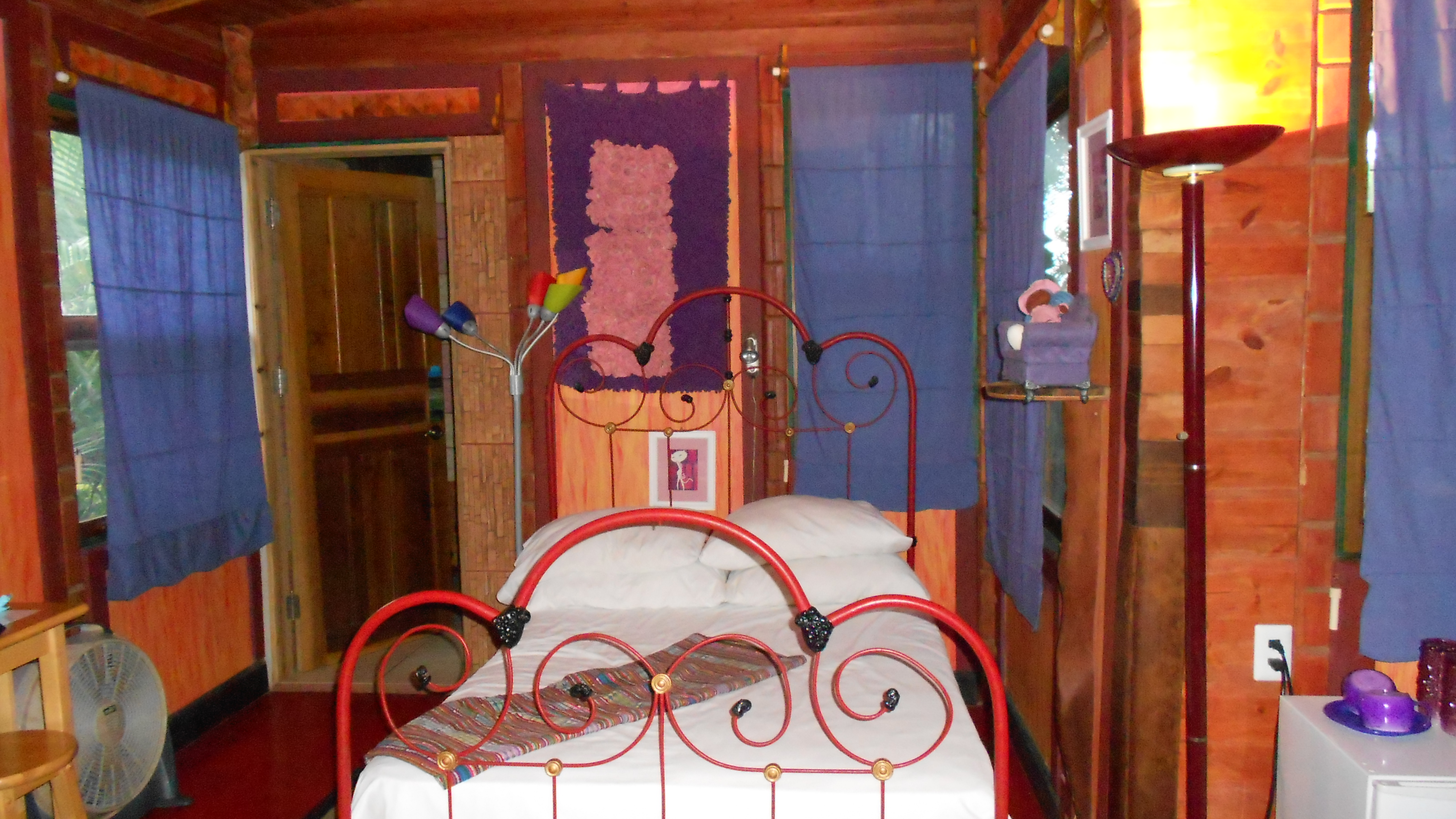Whatever else I do in life, I’m always learning to be more comfortable in my own skin. Unapologetically comfortable in my own skin such that on the day when I’m too Black for some people and on the next day not Black enough, I’m OK on both days.
In an ironic twist, all Black women are the perfect degree of Blackness to be put in the “Angry Black Woman” box. All you have to do is react indignantly to being disrespected and BOOM, you’re in! And trust me, if you’re a Black woman, disrespect is right around the corner. If it’s not touching your hair without your permission because they find it beautiful, then it’s saying you’re not beautiful based on Eurocentric standards; to not being heard when in professional or academic settings, to being praised for your articulation when they actually do hear you even though you’re educated; to being regarded as a hardworking mule because you’re Black and female, to being paid less for doing the same job and having the same credentials because you’re Black and female; to working twice as hard just to get half as far, to being dismissed as an opinionated know-it-all. No matter what we do, there’s always an insulting filter to view us through.
Oh, and have you heard? The brown paper bag test is back! Except this time, you’re unacceptable if you’re lighterthan a brown paper bag. Now, they may not literally reference a brown paper bag, but they’ll still sneak it in when talking about whether politicians like Kamala Harris or Cory Booker are Black enough. And before you say, “But they’re not talking about skin color. They’re talking about how much privilege those politicians have.” Just let me say this: when Obama first ran for president, the opposition consistently showed pictures of him with his skin darker than he was in reality. Now, Black people may say “the darker the berry, the sweeter the juice,” but unfortunately, that’s not a national sentiment felt across all demographics.
But let’s return to privilege and the ancient battle between the haves and the have nots. Even if you’re the most peace-loving individual, you’re still a participant in the battle whether you want to be or not. If you’re a successful Black person, there are some demographics that absolutely hate you. And you don’t have to be Oprah or Obama successful to trigger the “uppity negro” reaction. Or the “you’re one of the White Black people” reaction. Just be perceived as having more success than the demographic that hates you believes you should have.
What do you know about the struggles of real Black people? You were raised middle class, in the suburbs, and your nerdy, bougie ass has a Master’s degree. You don’t know the latest Black dances, Black slang and you’re bad at sports. (Yes, I’m talking about myself here.)
From the very first time I was given the insulting compliment of not talking like a Black person as a freshman in college, I’ve been aware of the battle. I didn’t know what it was at the time. Like any complex situation, the boundaries are fluid. Like an ameba. You never know an ameba’s exact shape because it’s always moving. Or if you know its exact shape because you took a picture of it, then you don’t know where it is at the moment. Oh yes, the Heisenberg Uncertainty Principle can be used in more situations than electrons.
So, when I remember the shape of a situation, it’s frozen there in the past like a picture in a memory book. When I speak of it, it’s from that snapshot, but in reality, that situation has moved along and undergone many shape shifts. And when I recollect to speak my truth, for which things shall I apologize?
Where do I draw the line? The line is as fluid as an ameba’s ectoplasm. In these transformative times where everyone is checking everyone else’s privilege, I can’t even look to political leaders as a guide.
My gut-check tells me this: I won’t apologize for authenticity. If shown a better way to say or do something, then I’ll adjust, but an apology isn’t the end of the conversation if it’s not the end of the conflict. I’m at the point in my life, that I value conflict resolution more than any crowd-pleasing, Band-Aid apology. Nor will I offer one. And these days people demand apologies not for reconciliations or empathy, but to destroy the person who’s being asked to apologize as if every error or lack of judgment or difference of opinion can be equaled to committing a crime.
For criminal wrongdoing, apply the consequences of the law. For all other things, it’s negotiable, but often times, the demanded apology is a manipulation tactic. I should apologize for speaking too loudly or harshly or at all. Or I should apologize for not having the demeanor of the preconceived, “appropriately” Black woman for whichever person who’s judging me at the moment.
I’ve got another idea: I’m going to start thanking people for the opportunity to help them manage their expectations when it comes to interacting with me. Of course, I won’t use those exact words, but that’s going to be my new mindset because I for damn sure won’t be apologizing! (You’re welcome.)

